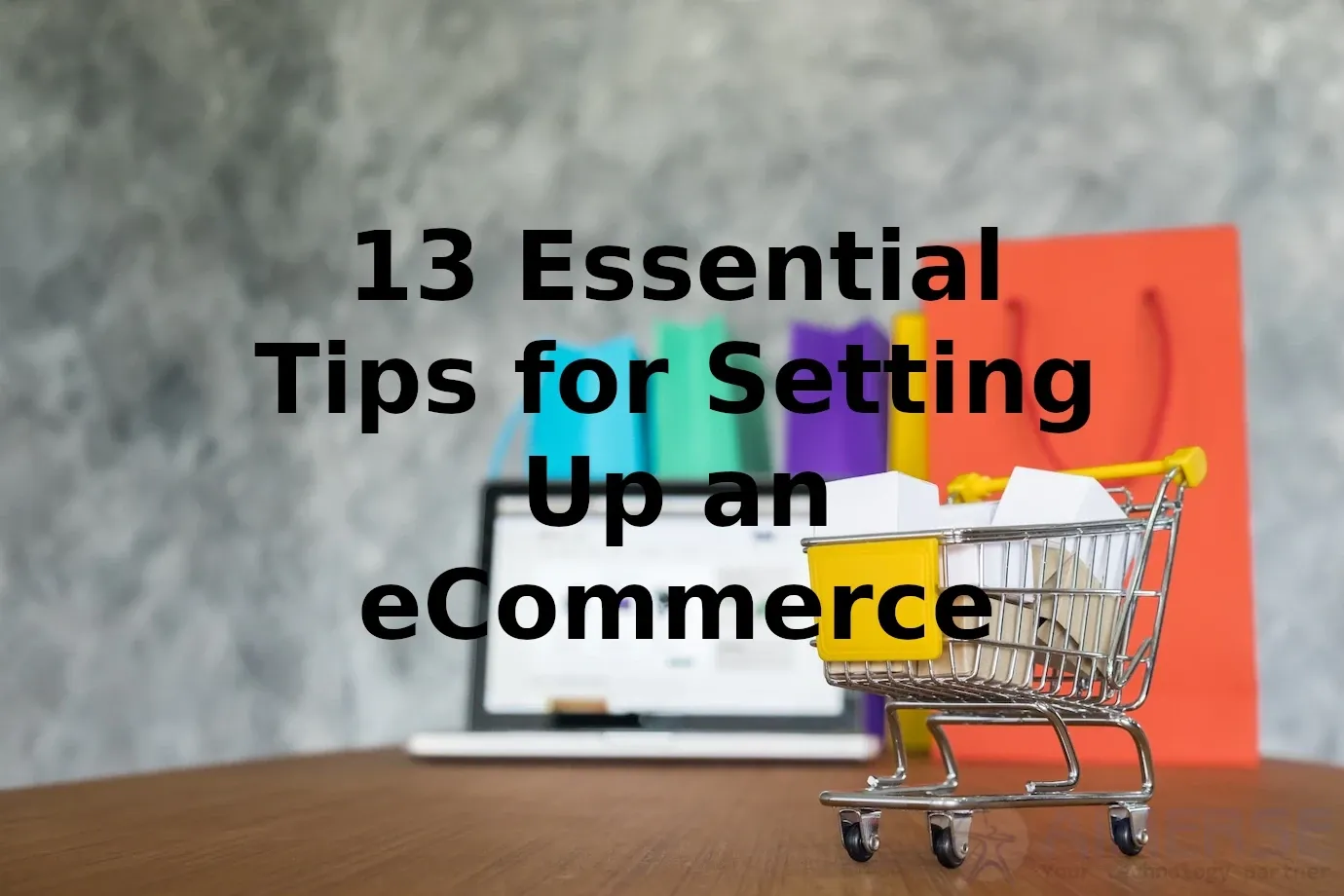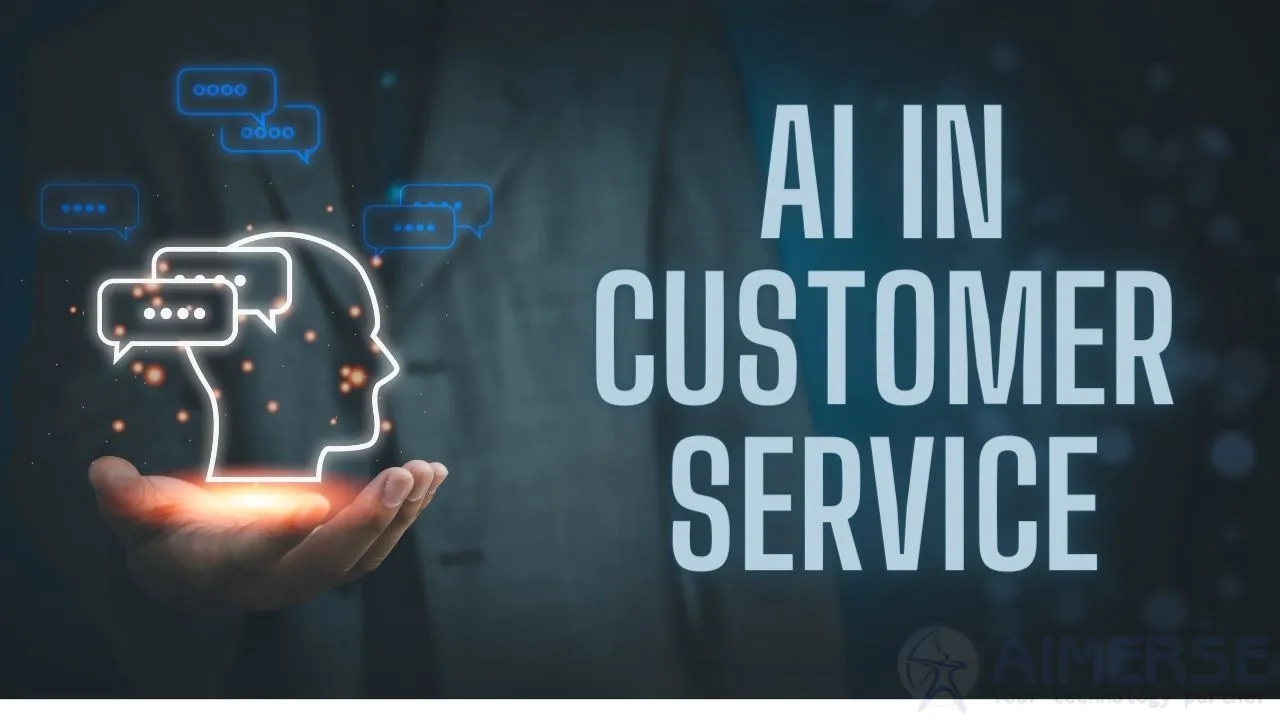13 Essential Tips for Setting Up an eCommerce Site
Getting started with eCommerce is easier said than done! There are so many different things to think about when setting up your store; from choosing products to designing and operating your site. To make sure you do everything right from the beginning, here are 9 essential tips we suggest you follow.
1. Choose Products Carefully
Choosing the right product line is vital when starting out with eCommerce. With hundreds of thousands of items to choose from, picking the best ones may seem like a daunting task, but you'll save yourself lots of time and money by doing some research first. Start by looking into the different categories, subcategories, and brands that sell similar items. Once you've narrowed things down, search specific keywords to find the exact item you're looking for.
2. Be Patient & Pick a Good Platform
After spending weeks researching and planning for your eCommerce venture, one of the last things you want to worry about is finding a platform that will actually handle your traffic. While there are some reliable platforms out there, there are also a lot of sketchy sites that come along every now and then. Try to avoid these pitfalls by testing multiple platforms before settling on one that suits your needs. Also, keep in mind that even though you won't be creating content for your shop yet, a popular platform will likely be flooded with orders all day, every day. So, you'll want to pick a platform that has plenty of resources to support your growth.
3. Set Up a Secure Server
Once you've found a platform that you feel comfortable using, it's time to set up a secure server so you can host your files. By securing your files, you ensure that your customers' information stays safe, and you reduce the risk of cyber attacks. Of course, it goes without saying that you'll want to install security software to protect your computer, too.
4. Create a Domain Name
You probably learned to navigate websites using www addresses, but those days are over. Today, it's common practice to link your domain name (the web address of your eCommerce site) to your chosen platform. For instance, if you choose Shopify, you'd go to mywebsite.myshopify.com instead of www.mywebsite.com/shopify/. This makes it easier to remember and gives your customer a cleaner URL, making it easier to share.
5. Add Keywords to Your Website
Your domain name doesn't tell anyone anything about your store, especially if you haven't used it anywhere else. As soon as possible after setting up your site, add words to describe your products to Google Search. These words should match your niche, so think carefully when selecting terms. Remember, keywords aren't just for SEO either; they're also going to show up on Facebook ads, Twitter feeds, and Pinterest pins.
6. Optimize Your Store's Images
While images play a key role in attracting visitors to your site, they're equally important for boosting conversion rates. They help convince buyers to click through to your checkout page. When it comes to optimizing images, you want to make sure you have high resolution stock photos, clear descriptions, and relevant tags.
7. Build Trust with Customers
Customers need to trust your brand before they buy anything from you. If they don't, they'll simply look elsewhere. To build trust, you should publish reviews online early on. Reviews give your customers insight into what others think of your products, service, and company. And, since they were written by satisfied customers, they prove valuable marketing material.
8. Promote Your Brand Online
Social media is a great way to promote your business. You can use social networks like Instagram, Facebook, and Twitter to reach new audiences and connect with existing ones. Posting regularly helps boost engagement, which means more people will see your posts and follow you.
9. Get Help From Experts
If you're not familiar with how to create a website or run an eCommerce business, you may want to hire someone who knows what they're doing. There are many experts available to assist you with everything from designing your logo to managing your inventory. Aimerse can help you to develop and eCommerce website.
10. Start Selling!
Now that you've got all the basics down, it's time to start selling. The best part? It only takes one sale to get started. So, whether you decide to sell t-shirts, jewelry, or something else entirely, you're off to a good start.
11. Keep Up With Trends
As technology changes, so does the world of eCommerce. New platforms come out every day, and some fall by the wayside. Keeping up with trends is essential to staying competitive. That said, there's no reason why you can't keep pace with the times.
12. Stay Organized
It's easy to lose track of things while running a business. But, keeping organized is crucial to success. Use software like Evernote to organize your notes, receipts, and other documents.
13. Be Flexible
Running an eCommerce business isn't always predictable. Sometimes, you'll be busy, sometimes you won't. Don't let this discourage you. Just because you might not be able to work during certain hours doesn't mean you can't do it. Try to be flexible with the timing and try to identify the suitable timing for the business.
Aimerse helps you to design a robust, well designed and enhanced website which can help you to get more traffic on your website and convert leads easily. If you wish to design a business website or an ecommerce website, contact us.











